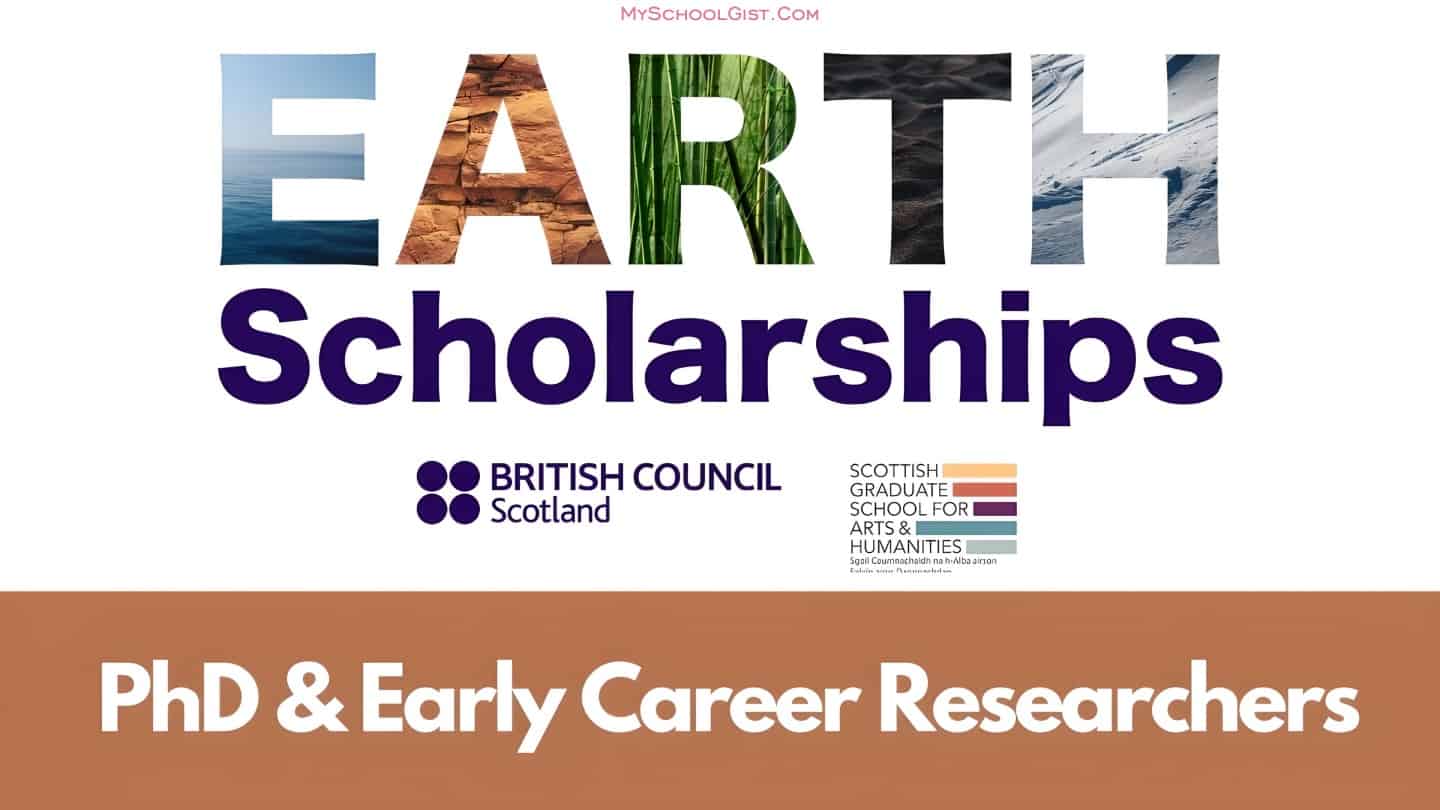
Addressing the climate crisis requires an integrated approach that transcends disciplinary boundaries. The British Council Scotland SGSAH EARTH Scholarships 2024 exemplifies this need by fostering international collaborations among PhD and Early Career Researchers (ECRs) alongside Scottish Higher Education Institutions (HEIs) and academic mentors. Funded by the British Council, the programme provides a valuable platform for pioneering research in environmental arts and humanities within the broader context of STEAM (Science, Technology, Engineering, the Arts, and Mathematics). So, why is interdisciplinary research pivotal in combating the climate crisis? And how can researchers leverage this innovative programme for sustainable development and cultural exchange?
Programme Objectives and Structure
Aim and Scope
The EARTH Scholarships programme fundamentally aims to enhance the role of the environmental arts and humanities, as well as the broader arts and cultural sector, in addressing climate emergencies. Additionally, it seeks to expand the possibilities for interdisciplinary research within STEAM disciplines, thus forging new paradigms to confront global climate challenges.
Strategic Alignment
Structured around two critical themes—Environmental Humanities and Creative Industries/Economies—the programme aligns with SGSAH’s internationalisation strategies, the GREEN/GRADUATE Operational Plan, and the British Council’s Climate Connections legacy. Furthermore, the programme aims to extend the conversations initiated at COP26 held in Glasgow in 2021.
Collaborative Benefits
International research opportunities and mobility are created to fortify the Scottish and global academic network. The programme builds on existing collaborative ventures, such as SGSAH’s Global Connects programmes and the SFC Saltire Emerging Researcher scheme.
Similar Posts:
Eligibility Criteria and HEIs
Who Can Apply?
Open to PhD and ECRs from non-UK universities, applicants must be engaged in environmental arts and humanities. They must be either currently registered for a PhD or should have already obtained one in Arts & Humanities subject areas, as specified by the Arts and Humanities Research Council (AHRC).
Interdisciplinary Focus
Interdisciplinarity is heavily encouraged. For interdisciplinary projects, a minimum of 50% of the research must be rooted in Arts & Humanities.
Participating Institutions
Scottish HEIs involved in the programme represent a comprehensive spectrum of universities such as Abertay University, Edinburgh Napier University, The Glasgow School of Art, Glasgow Caledonian University, Heriot-Watt University, Queen Margaret University, Robert Gordon University, Royal Conservatoire of Scotland, University of Aberdeen, University of Dundee, University of Edinburgh, University of Glasgow, University of St Andrews, University of Stirling, University of Strathclyde, University of the Highlands & Islands, University of the West of Scotland
Application Process and Requirements
Pre-application Steps
Prospective candidates must meticulously read the Guidelines for the scheme and contact their chosen institution to discuss the application process.
Required Documents
Applicants must submit a comprehensive research proposal, a budget outline, a CV, and letters of support from both their PhD supervisor and the prospective host institution.
Deadline and Exceptions
The application deadline is 1st November 2023. Late submissions will only be entertained in the event of system failures attributable to SGSAH.
Ready to contribute to climate solutions through interdisciplinary research? Apply for the EARTH Scholarships now.
For further details, consult the EARTH Scholarships Information Page.
RECOMMENDED: Check Here for More Scholarships and Opportunities.

